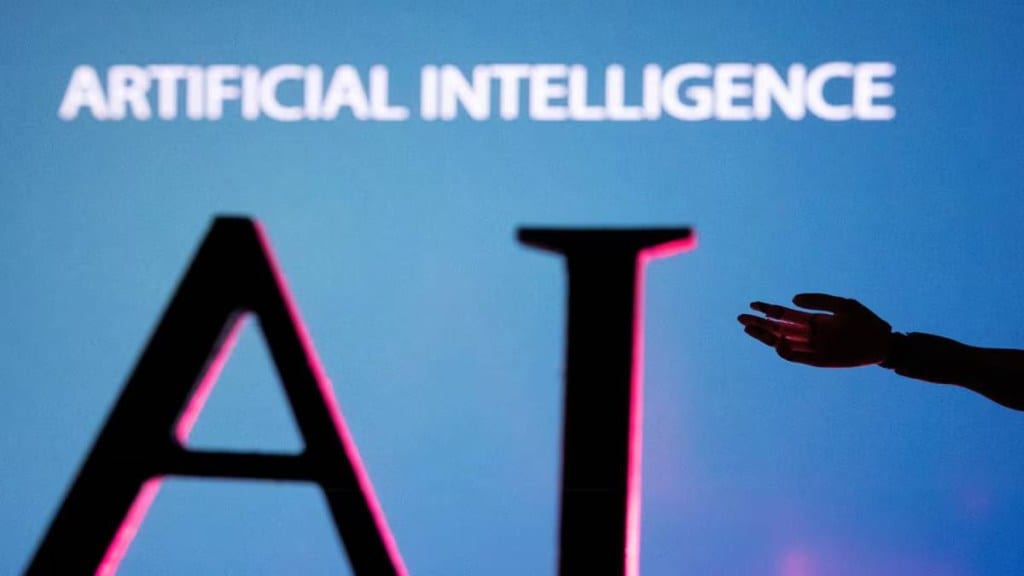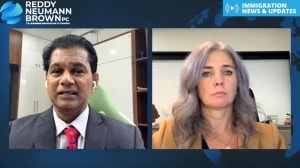Good Capital, an early-stage venture capital (VC) firm, plans to make 6-7 investments in 2025, focusing on startups that integrate artificial intelligence (AI) into existing business models, especially in Tier 2 and 3 cities.
The firm identifies three AI categories: foundational infrastructure, native AI products, and applications solving real-world problems. Good Capital is particularly interested in the application layer, where AI enhances human intermediaries in sectors like financial services, healthcare, and retail. “We are seeing opportunities where AI boosts intermediaries’ capabilities instead of replacing them,” said Shreyans Salecha, part of the investment team.
Founded in 2019, Good Capital has backed startups such as Meesho, LEAD, Orange Health, Solar Square, and ApniBus. The firm typically writes checks between $500,000 and $1 million, focusing on leading early-stage rounds to take meaningful ownership. It is in the final stages of raising its second fund, aiming to close $40 million by Q1 2025.
Good Capital prioritises founders with a deep understanding of their problem space, strong adaptability, and business models that celebrate India’s intermediaries. “We focus on how technology, especially AI, can create sustainable advantages and improve efficiency, scalability, and unit economics,” Salecha noted. He highlighted that many portfolio companies build defensible positions by leveraging proprietary data and creating tailored solutions for India’s market conditions.
A recent investment, Nuuk, exemplifies the firm’s approach. The direct-to-consumer brand addresses a gap in the Indian home appliances market with aesthetically pleasing yet functional products tailored to Indian needs.
Looking ahead, Good Capital expects 2025 to focus on sustainable unit economics while balancing growth and profitability. “Disciplined investors and strong founders building real businesses will thrive in this environment,” Salecha said. He anticipates a measured increase in funding compared to the frenzied pace of 2021-2022, which he believes will strengthen the ecosystem by emphasising sustainable growth over vanity metrics.









